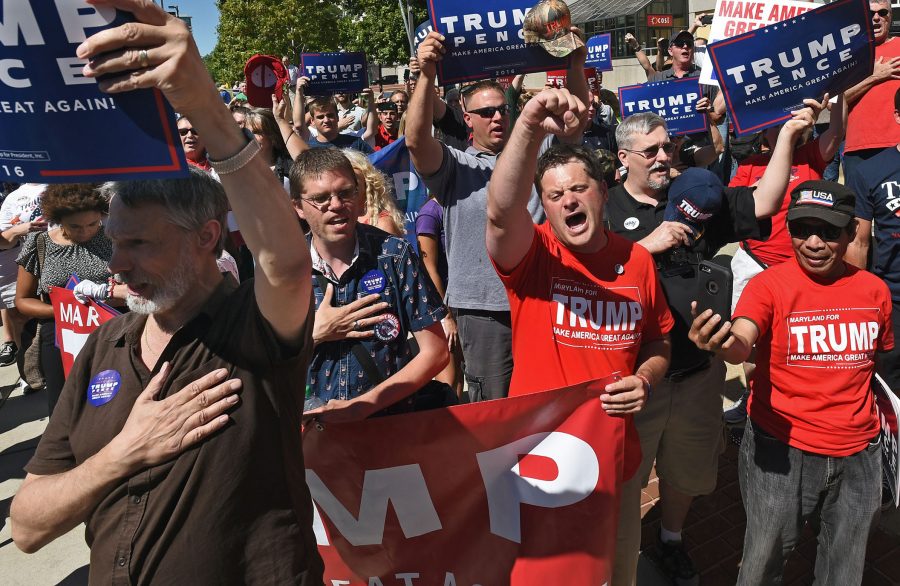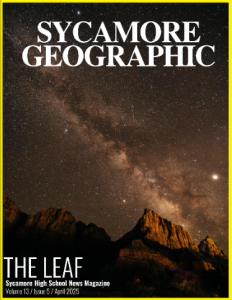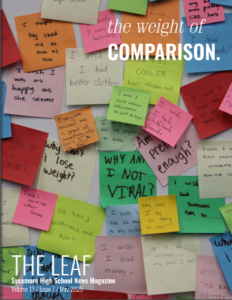Politics of fear
Election stirs up deep-rooted anxieties
Donald Trump supporters staged a rally on Monday, Sept. 12, 2016 across the street from the Baltimore Convention Center, where Trump addressed a gathering at the National Guard Association of the United States conference. (Kenneth K. Lam/Baltimore Sun/TNS)
September 19, 2016
Fear is a powerful motivator. In the 2016 presidential election, fear takes a pivotal role in the contest for votes. Namely, Republican nominee Donald Trump has taken fear mongering to a different level.
“Trump is someone who uses emotion to manipulate his audience because he doesn’t have any political experience or logical arguments to back up his ridiculous claims,” said Zoe Bugge, 11.
How exactly did a sociopathic, narcissistic demagogue ultimately clinch his party’s nomination? Trump uses fear as a focal point for his campaign, echoing frustrations over immigration, crime, the government, terrorism, and the economy.
Molly Ball of “The Atlantic” wrote, “While anger makes people aggressive, prone to lash out, fear makes them cower from the unfamiliar and seek refuge and comfort. Trump channels people’s anger, but he salves their fear with promises of protection, toughness, strength.”
His description of this “American Dystopia” gives the impression that America is a crime-ridden, immigrant-dominated, dictatorship. He blusters with the firm, American-esque belief that he is the best and greatest.
His other tactic is continually repeating falsehoods and making things up. Just last month, he claimed, “In many respects, you know, they honor President Obama. He’s the founder of ISIS. He’s the founder of ISIS. He’s the founder. He founded ISIS.”
If someone disagrees with him, Trump brushes them off with a childish comment on their appearance or turns them into a scapegoat. Painting an issue black and white make it all too easy for people to over simplify problems and generalize other people and events.
His vile tactics and unconventional rhetoric have grabbed hold of many Americans and validated their (often irrational) fears.
“Bigotry is all his ‘campaign’ is being run on,” said Bugge.



![Mock Trial members from Gold and Green team last year pose for a picture in front of the OCLRE building in Columbus. "We all put in so much work [last] year. I know [this] year we’ll come back improved and ready to win!” said Ogunbodede.](https://shsleaf.org/wp-content/uploads/2025/10/IMG_4121-300x205.jpg)



